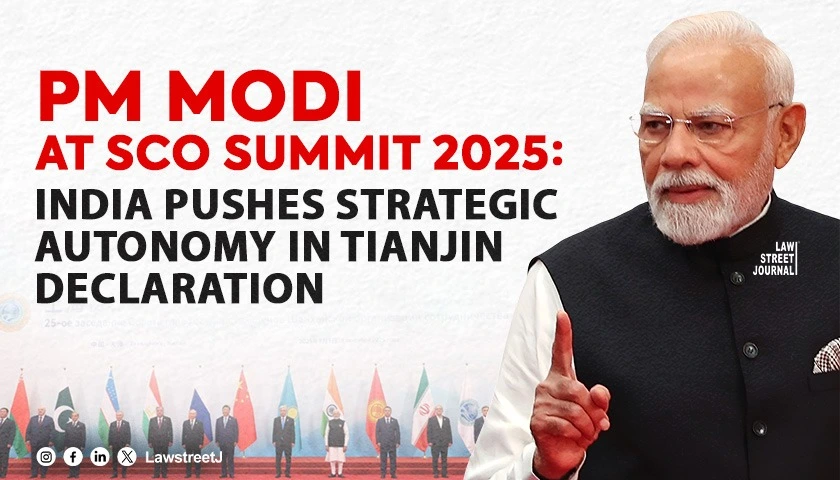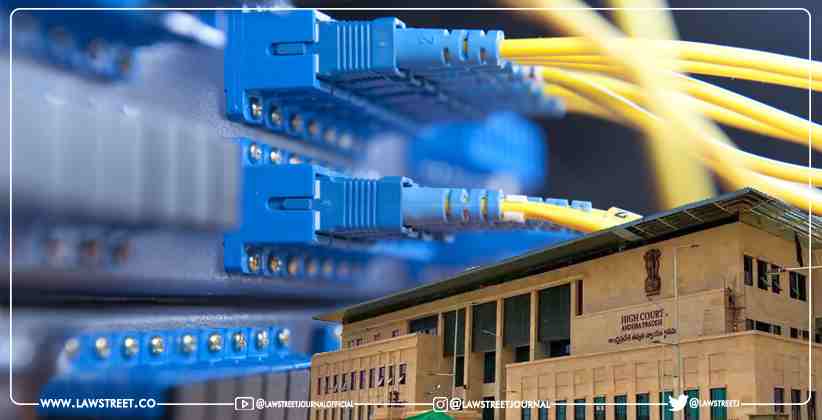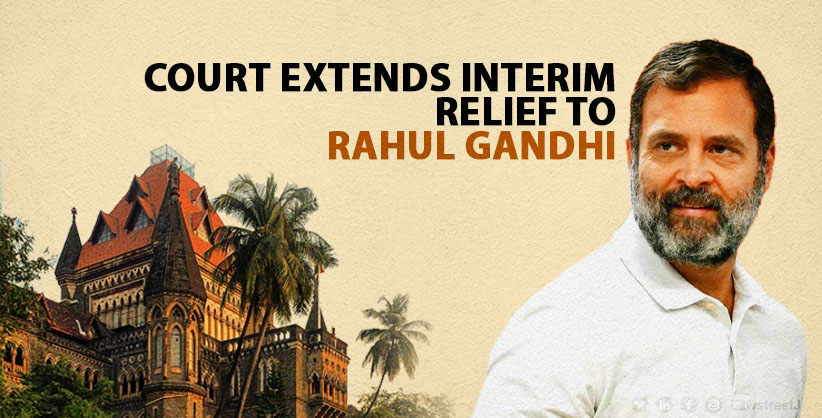China: Prime Minister Narendra Modi attended the 25th Shanghai Cooperation Organisation (SCO) Summit in Tianjin, China, on September 1, 2025. The high-level meeting, joined by leaders from China, Russia, India, and other member states, concluded with the adoption of the Tianjin Declaration—a document setting out commitments on security cooperation, economic development, and technological collaboration across Eurasia.
India reaffirmed its position as an active SCO member, with the grouping now comprising nine full members, three observers, and several dialogue partners. The summit spotlighted efforts to combat transnational crime, expand energy and digital partnerships, and build alternatives to existing global financial and trade systems.
Tianjin Declaration: Key Focus Areas
Security Cooperation
Member states agreed to establish new regional centers dedicated to tackling organized crime, drug trafficking, and cyber threats. These centers will operate under the SCO Regional Anti-Terrorist Structure (RATS) and are designed to strengthen information-sharing and law enforcement coordination.
Energy and Trade:
The declaration called for stronger intra-SCO energy partnerships, including long-term oil and gas contracts, collaboration on renewable energy, and improved cross-border grid connectivity. It also urged greater use of local currencies in trade to reduce reliance on the U.S. dollar.
Digital and AI Cooperation:
China announced the creation of an SCO Center for Artificial Intelligence Collaboration, inviting members to jointly develop AI standards, ethics frameworks, and research projects. India welcomed discussions but emphasized the need to respect national sovereignty and data security.
Economic Development Initiatives:
Leaders endorsed exploring an SCO Development Bank. Although no binding agreement was signed, member states agreed to form a working group to study its feasibility, capital structure, and governance model—signaling a push for financial institutions beyond Western frameworks.
India’s Bilateral Engagements
India–Russia:
Prime Minister Modi and President Vladimir Putin reaffirmed their “Special and Privileged Strategic Partnership.” Discussions covered defense cooperation, hydrocarbon trade, and expansion of rupee-ruble settlements. Russia expressed interest in boosting exports of crude oil, fertilizers, and defense equipment. The leaders also reviewed progress on Kudankulam nuclear power plant units under construction.
India–China
Modi and President Xi Jinping underscored the need to maintain peace along the Line of Actual Control (LAC) and accelerate military-level dialogue to prevent border incidents. Both acknowledged deep economic interdependence and agreed to expand trade while addressing imbalances. India reiterated its stance against joining the Belt and Road Initiative, highlighting instead connectivity through the International North-South Transport Corridor (INSTC) and the Chabahar Port Project with Iran as viable alternatives.
Legal and Institutional Dimensions
The Tianjin Declaration, like earlier SCO outcomes, is not legally binding but provides a framework for domestic implementation. Key legal considerations for India include:
- Cybersecurity Cooperation: Any cross-border data sharing must comply with the Digital Personal Data Protection Act, 2023, alongside similar privacy and cybersecurity laws in other member states.
- Drug Trafficking and Organized Crime: India’s Narcotic Drugs and Psychotropic Substances Act (NDPS), aligned with UN conventions, already covers these areas; SCO mechanisms will supplement existing frameworks.
- Trade and Currency Settlements: Local-currency trade agreements fall within the ambit of the Foreign Exchange Management Act (FEMA). Establishing an SCO Development Bank would require Parliamentary ratification before India’s participation.
- Nuclear and Energy Cooperation: Projects such as Kudankulam remain under bilateral treaties and the Atomic Energy Act. No new binding nuclear accords were signed at Tianjin.
India’s Strategic Outlook
The 25th SCO Summit reinforced the grouping’s role as a Eurasian platform balancing security and development. For India, participation advanced dual goals: consolidating ties with Russia, cautiously engaging China, and ensuring that regional initiatives respect its strategic autonomy.
The Tianjin Declaration now enters the implementation stage, with specialized working groups and intergovernmental consultations expected over the coming year. For India, the real impact will depend on how regional projects align with its domestic legal frameworks and foreign policy priorities.








